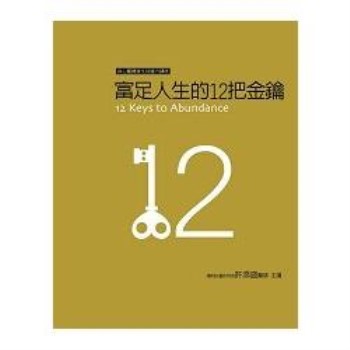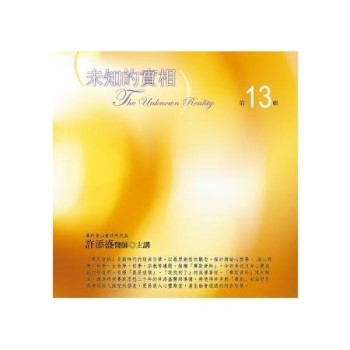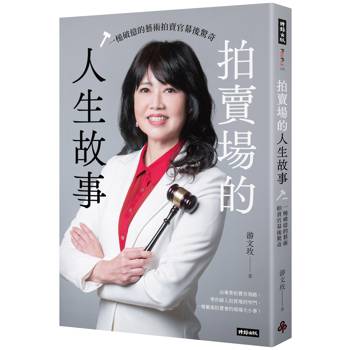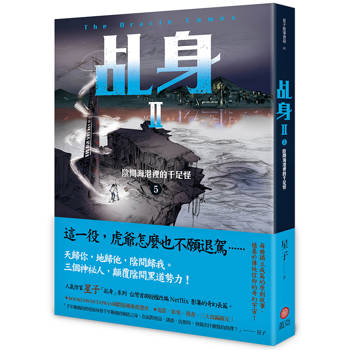Professor Xiao Hua Wang graduated from Ocean University of China, and holds a PhD in Physical Oceanography from James Cook University in Australia. He is the Co-leader of the Sino-Australian Research Consortium for Coastal Management (SARCCM), University of New South Wales (UNSW), Australia, and an associate editor for Estuarine, Coastal and Shelf Science (IF= 3.229Q1) and Limnology and Oceanography: Methods (2.634 Q1), respectively. He was the Director of International Student Recruitment and Exchange (2018-2020), UNSW Canberra, and the Founding Director of the Sino-Australian Research Centre for Coastal Management (SARCCM, 2010-2020), UNSW. He has over 30 years experience in both undergraduate teaching and postgraduate supervision. His research concerns observing (including satellite remote sensing) and modelling of coastal oceans, sediment transport dynamics, and understanding of coastal management issues impacted by anthropogenic drivers and climate change. He has over 160 publications including eminent international peer-reviewed journal papers, book chapters and one book. His publication rate is 14.6 journal papers per year over the last five years (2017-2021), 90% of which belong to 1st quartile SJR Journals. His SciVal indexed research outputs in this period are ranked the highest among top international peers in the field. Google Scholar consistently ranks him in top 15 researchers in ’coastal oceanography’, ’sediment dynamics’ and ’coastal management’. His work has been funded by a variety sources including the Australia Research Council and the EU Framework. He has been awarded a total of 11 competitive grants in the last five years (2017-2021) with a total cash income of $1.82M (including co-lead CI for an industry grant of $1.25M). In 2010, he initiated and established the Sino-Australian Research Centre for Coastal Management, a UNSW-led Research Centre with multidisciplinary and multi-faculty reach. he directed the Centre until 2020. In 2020, SARCCM evolved to become the Sino-Australian Research Consortium for Coastal Management. It works closely with the Ocean University of China in collaborative research on oceanography and coastal management, with a particular foci on research and research training in observing and modelling hydrodynamics, sediment transport and biochemical processes in coastal environments (bays, harbours, estuaries and their adjacent shelf waters). An emerging capability is in research higher degree training in environmental management that combines human and biophysical research insights into actionable knowledge. He currently co-leads the Consortium, which comprises a strong team of 18 researchers from UNSW (including 4 Professors and 4 Associate Professors), its collaborating organizations (including USYD, USQ, UoW and the Ocean University of China - OUC) and industry partners (including the Bureau of Metrology and Marina Industry Association), as well as 2 externally funded postdoctoral fellows and 13 HDR students. This has enabled a wide range of excellent fundamental and applied research, including multidisciplinary projects on coastal science and management involving several fields. Research outcomes advanced by the Consortium span environments including Sydney and Gold Coast beaches, Shoalwater Bay, Jervis Bay, Batemans Bay and Darwin Harbour (Australia), the Po River and Adriatic Sea (Italy), Yellow and East China Seas (China), Yellow River and the Yangtze River estuaries, Jiaozhou Bay (China), Youngsan River estuary and the Mokpo Coastal Zone (South Korea); alongside legal frameworks of environmental protection in Australia and China. Prof Wang has well-developed national and international networks, including longstanding collaborations with Professors George Mellor (Princeton University), Eric Wolanski (JCU) and Peter Steinberg (SIMS/UNSW), who have also been outstanding research and strategic mentors. He has been involved in several international collaborative projects with both European and US scientists. He was a Visiting Scientist at Princeton University USA in 1995; a Visiting Scientist at the Institute of Atmospheric and Oceanic Sciences-CNR, Italy in 1999; a Visiting Professor at the University of Bologna Italy in 2001; and a guest investigator at the Woods Hole Oceanographic Institution in 2005. From 1999-2004, He spent approximately one month per year in Bolonga, Italy to conduct studies on the Adriatic Sea. Since 2005, he has spent one month per year in China as part of advanced investigations of sediment dynamics in the Yellow and East China Seas.
Prof Wang is the Coordinator for China Scholarship Council (CSC) Scholarship program at UNSW. He initiated and subsequently managed an MOU for academic exchange and research collaboration between UNSW and Ocean University of China (OUC) since 2008. This agreement has resulted in a total of 50 CSC sponsored OUC PhDs enrolled at UNSW and numerous academics visits (including short to long term visiting fellows) between two institutions. Subsequently, the UNSW and OUC signed the Agreement for a Joint PhD Program in November 2020. Prof Wang has again played a major role in brokering this major collaborative initiative. The UNSW-OUC Joint PhD Program allows candidates to undertake a PhD jointly provided by the two institutions. In January 2022, the CSC approved UNSW-OUC International Training Program for Innovative Talents, which provides up to 10 HDR scholarships per year for 3 years from OUC to UNSW.












